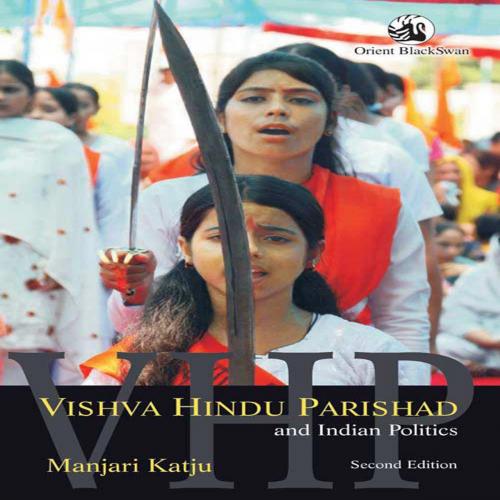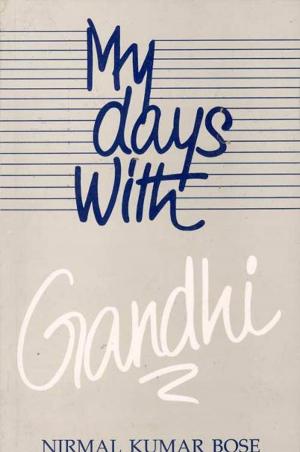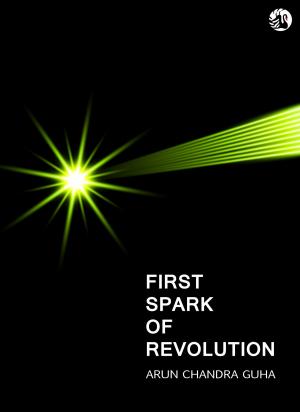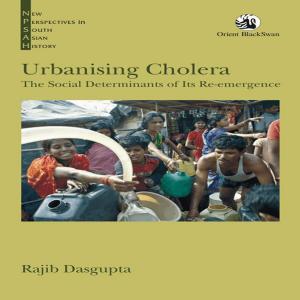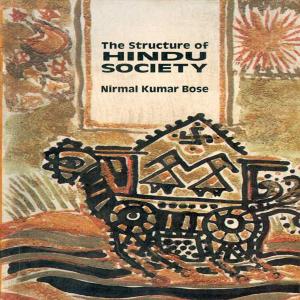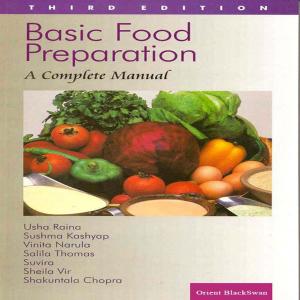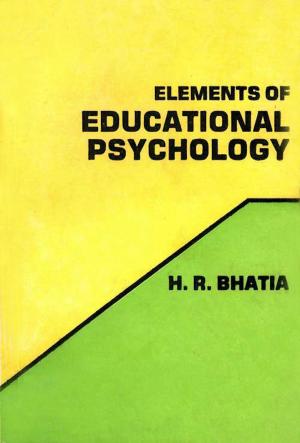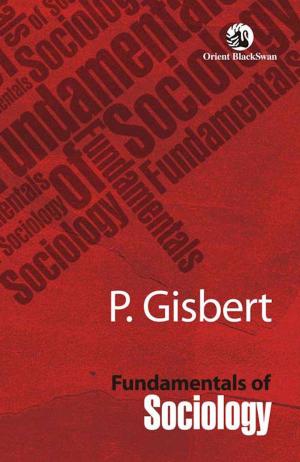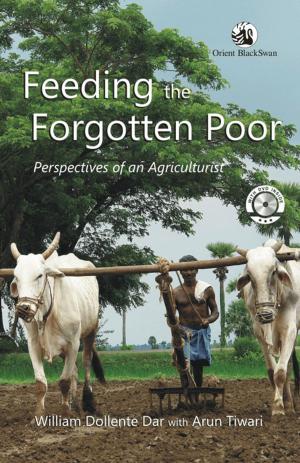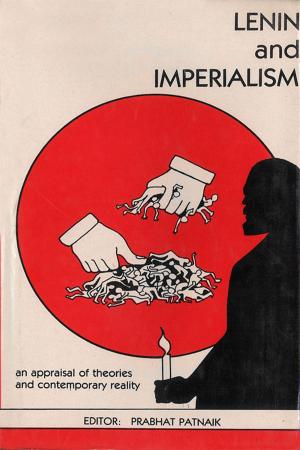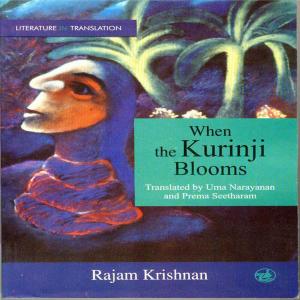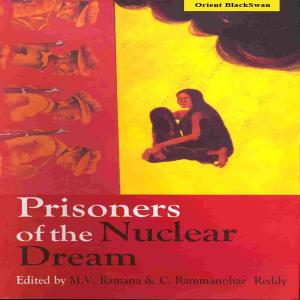| Author: | Manjari Katju | ISBN: | 9788125050438 |
| Publisher: | Orient Blackswan Pvt. Ltd. | Publication: | August 24, 2018 |
| Imprint: | Language: | English |
| Author: | Manjari Katju |
| ISBN: | 9788125050438 |
| Publisher: | Orient Blackswan Pvt. Ltd. |
| Publication: | August 24, 2018 |
| Imprint: | |
| Language: | English |
This book provides a detailed historical account of the Vishva Hindu Parishad (VHP), one of the leading organisations in the Hindutva movement. It focuses on the VHP’s transformation from a loosely knit body of Hindus aimed at preserving and promoting Hindu dharma, into a mass organisation actively involved in mobilising the urban middle classes, service professionals and religious leaders for the creation and promotion of a strong Hindu nation.In elaborating this transformation, the author specifically looks at: the VHP’s programmes immediately prior to the demolition of the Babri Mosque and in its immediate aftermath; the aggressive and communal idiom employed by it during the nineties; its contestation of the secular structure of the Indian state; its negative politicisation of the activities of Christian missionaries; and crucially, the changing relations between the VHP and the RSS on the one hand, and the BJP on the other, which informs the analysis of this transformation. Rich in empirical data, the second edition of this book charts how amidst the Sangh Parivar’s ebbing fortunes the VHP is going back to its original agenda of performing grassroots work, especially in the states where the BJP is in power. Detailing the nature of community-based work carried out by the VHP across the country, the note to the second edition discusses how the organisation has unleashed a reign of terror on the minority communities and communalised social relations. For all those who seek to know more about the VHP and to understand the ideological and political space occupied by Hindutva in recent years, this book is a must-read.
This book provides a detailed historical account of the Vishva Hindu Parishad (VHP), one of the leading organisations in the Hindutva movement. It focuses on the VHP’s transformation from a loosely knit body of Hindus aimed at preserving and promoting Hindu dharma, into a mass organisation actively involved in mobilising the urban middle classes, service professionals and religious leaders for the creation and promotion of a strong Hindu nation.In elaborating this transformation, the author specifically looks at: the VHP’s programmes immediately prior to the demolition of the Babri Mosque and in its immediate aftermath; the aggressive and communal idiom employed by it during the nineties; its contestation of the secular structure of the Indian state; its negative politicisation of the activities of Christian missionaries; and crucially, the changing relations between the VHP and the RSS on the one hand, and the BJP on the other, which informs the analysis of this transformation. Rich in empirical data, the second edition of this book charts how amidst the Sangh Parivar’s ebbing fortunes the VHP is going back to its original agenda of performing grassroots work, especially in the states where the BJP is in power. Detailing the nature of community-based work carried out by the VHP across the country, the note to the second edition discusses how the organisation has unleashed a reign of terror on the minority communities and communalised social relations. For all those who seek to know more about the VHP and to understand the ideological and political space occupied by Hindutva in recent years, this book is a must-read.
